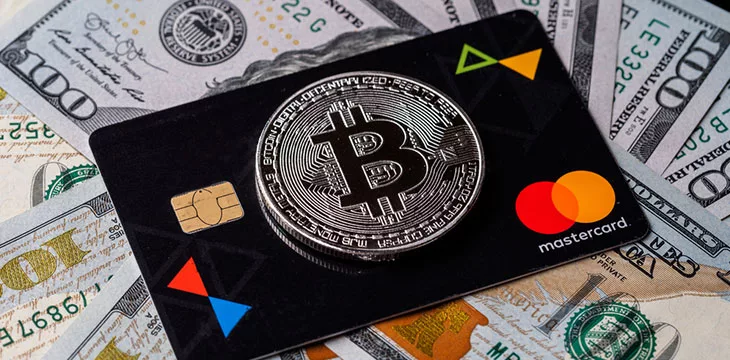|
Getting your Trinity Audio player ready...
|
Digital currency debit cards are increasing in popularity. After Wirecard’s demise, many card providers have been making an effort to build a bridge between merchants and digital currency holders.
Visa announced that they would be “advancing their approach to digital currency,” and are working with merchants and digital currency service providers to give their users an easy way to spend their digital currency using a Visa debit or prepaid credit card. And Wirex received a money transmission license from the Georgia Department of Banking and Finance which will allow them to offer a digital currency debit card in the state.
However, digital currency debit and credit cards are not what the world needs to catalyze digital currency adoption. Digital currency debit and credit card transactions are more expensive than a peer to peer digital currency transaction would be, and there are not many benefits to owning or accepting digital currency debit cards, other than eliminating the risk of digital currency price fluctuations.
Too many touch points
Digital currency debit/credit cards save merchants the trouble of setting up a digital currency wallet and managing price fluctuations. However, digital currency debit card transactions are more expensive than P2P transactions and create an unnecessary touchpoint in the transaction process.
Digital currency debit cards do make it easy to spend digital currency since most digital currency debit cards are accepted wherever Visa and Mastercard are accepted. However, it creates unnecessary costs and additional steps in the transaction process for both the merchant and the consumer. First, the consumer has to sign up for a digital currency debit/credit card service, and when it is time for them to make a transaction, an unnecessary third party—the card service provider—is introduced in what could really be a peer to peer transaction.
Consumers don’t really need a digital currency debit/credit card since they can use their digital currency directly. A direct transaction would be much cheaper for merchants, who must pay for a card transaction fee if a card is used to make a purchase.
According to CardFellow, the average credit card processing cost for a retail business where cards are swiped is roughly 1.95% – 2% for Visa, Mastercard, and Discover transactions. The average cost for card-not-present businesses, such as online shops, is roughly 2.30% – 2.50%. In addition, there is usually an amount, either static or dynamic, that the payment processor charges for their service. Also, the rate when converting from digital currency to fiat is usually not that attractive.
That being said, if you are making a $100 purchase at a retailer with a digital currency debit card, the merchant will have to pay a fee that is around $2 for the transaction. But if you were making a $100 purchase at a retailer in a p2p digital currency transaction, the transaction fee for a Bitcoin (BSV) transaction would be $.0002, a fraction of a penny.
The solution
If merchants, and even card providers, are really interested in bridging the gap between commerce and digital currencies, then merchants would set up their own digital currency wallets, or card providers would allow merchants to convert digital currency into fiat in real-time to eliminate the risk of digital currency price fluctuations—which appears to be the only real barrier, beyond understanding technology, that prevents merchants from accepting digital currency.
The current set-up, where merchants accept digital currency by way of digital currency debit/credit card is inefficient. It results in merchants paying an unnecessarily large transaction fee, introduces a third party into the transaction, and requires consumers to go out of their way and sign up for a digital currency card providing service before they can spend their digital currency.
The real solution does not involve cards; it involves digital currency wallets and stablecoins. All the infrastructure is already in place to make digital currency transactions possible, it is just up to merchants to find the right digital currency service provider that allows them to accept digital currency payments while eliminating the risks associated with a digital currency transaction.

 02-23-2026
02-23-2026 




